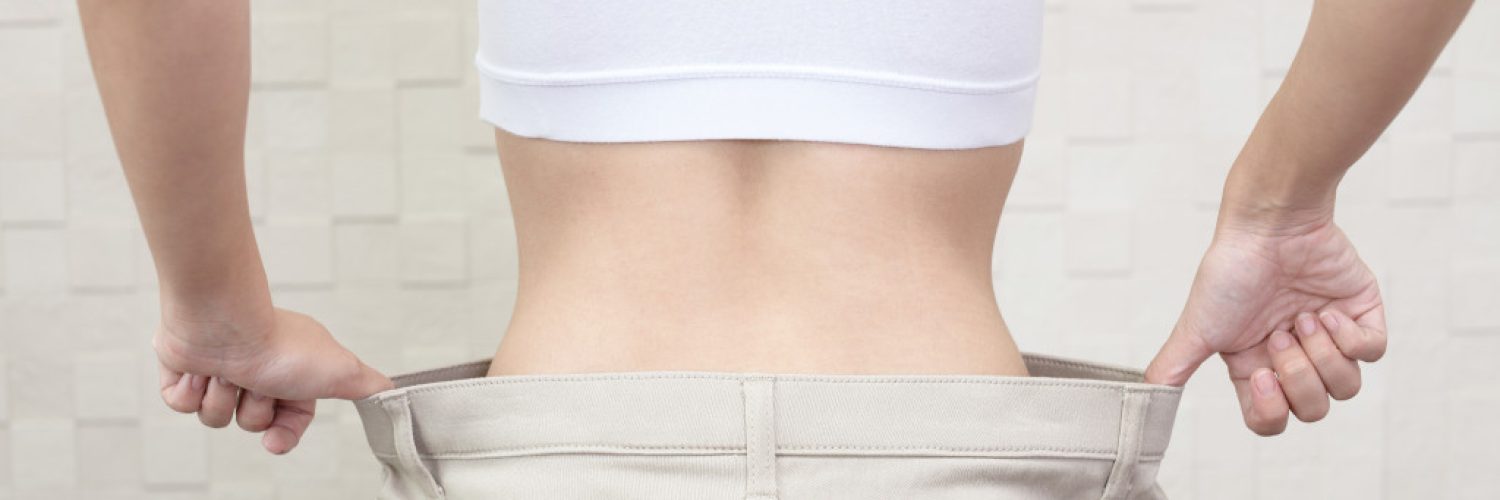Mental health often overlaps with physical health. Our body affects our brain, and our brain affects our body; they have always had a relationship, making both mentally and physically healthy habits necessary. But it’s not just about our physical and mental health, but also our perception of our body image.
What Is Body Image?
In the simplest of terms, body image refers to how you see your own body. It includes how you think about your body, how you feel about your body, and whether you’re happy with it. You can be happy with your body, or you can be discontent with it. These still fall under the umbrella of “body image.” Body image issues are prevalent but far too often overlooked. Below are some points to consider when discussing the topic.
Negative Body Image
This isn’t just a matter of thinking you’re ugly. Negative body image can include not liking your body because of different reasons. It includes a cluster of different mental health issues, that when occurring concurrently, comprise the idea of “negative body image.” Having a negative perception of your physical self often leads to the issues discussed below, or even vice versa.
-
Eating Disorders
Common eating disorders like anorexia nervosa (fear of gaining weight and delusions of being “fat”) and bulimia nervosa (binge eating and similar delusions of body image) are often manifestations of a negative body image. Eating disorders can balloon into dangerous physical ailments and is something that should always be taken seriously.
-
Depression and Anxiety
Those with depression often report having a distorted self-image, and the depression compounds and exaggerates the situation. They believe they are less physically appealing and often have strongly held negative beliefs about themselves. Anxiety is another factor that often comes up with depression, feeling extreme amounts of tension and stress over their physical appearance.
-
Body Dysmorphia
Body dysmorphic disorder, or BDD, usually consists of excessive anxiety over one’s physical appearance. Often, the physical traits they’re anxious about are minor or minuscule, matters that very few people notice. Those with BDD struggle with anxiety in their daily life, even affecting their professional and social life.
Positive Body Image
Essentially the opposite of negative body image, it means being comfortable in your own body. Liking how you look is a good thing, and unfortunately, it doesn’t come by default to some people. But it’s a necessary part of self-actualization and contentment.
How You Can Develop Positive Body Image
Developing a good body image isn’t just something that happens overnight. It takes work, constant and nonstop work, to convince yourself that your body is worth loving. Needless to say, should you feel like you need professional help, by all means, you should get it. However, if you want to encourage yourself to have a better self-image, here are some tips to help you out.
-
It’s All in the Genes
If there’s anything everyone should learn and acknowledge, it’s that our genes often dictate how we end up looking. Our physical appearance is often out of our control. Our weight and musculature can be increased or decreased (but even that is subject to the limitations of our genes), but our height and other physical features can’t. So let’s always keep in mind that we shouldn’t compare ourselves to others and others to ourselves. After all, we’re working with a different set of tools.
-
Take Actionable Steps
To bolster good body image, you need to take actionable steps to make yourself more confident with yourself and make people see your efforts. Yes, if feeling better about yourself means you buy makeup brushes and foundations, and all that, great! It’s finding what makes you feel beautiful.
That’s what actionable steps in this scenario mean: finding what gives you confidence about your looks. It could be exercising and being physically fit or a certain type of clothing that you like. As long as it makes you appreciate yourself, then it’s worth it.
-
Focus on Health and Beauty Will Follow
Here’s a simple truth: by focusing on our physical health, many of the more common beauty woes will most likely be lessened. Diet and fitness directly tie to how our skin, hair, nails, and other external organs appear. These things matter when you want to be beautiful towards yourself. So instead of obsessing over “beauty” or an ideal body image, strive towards health first.
Everyone Is Beautiful in Different Ways
If we all looked the same, the world would be a horrifyingly boring place. We should celebrate our differences, as these differences are what make us unique and special. Everyone is beautiful in their own unique way.


